A Canadian Citizen Science Summer
Check out these citizen science projects designed for people living in the north and enjoy a Canadian citizen science summer!
THE SCISTARTER BLOG
Canada is home to numerous citizen science organizations and opportunities such as Birds Canada (includes the BC Coastal Waterbirds Survey), Nature Watch, iNautralist Canada (tip: add your iNaturalist username to your SciStarter Info&Settings to get credit for your contributions), Water Rangers and many more.
Additionally, Canada’s vast landscape is home to abundant opportunities for science across the seasons. We feature some of our favorite seasonal project ideas below to serve as a summer sampler of Canadian citizen science opportunities so you can have a Canadian citizen science summer!
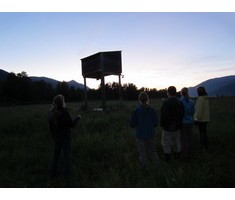

British Columbia Bat Watch
British Columbia Bat Watch, an annual bat count, invites participants to monitor bats in the summer sky. Counts begin at sunset at a roost site (such as abandoned houses, barns, bat houses and more). In late summer, you’ll see the young bat pups flying and exiting the roost with their mothers. Arrive by sunset and count for an hour, or until it is too dark to see. From the project’s SciStarter page: “Given the spread of White Nose Syndrome, a devastating disease that is killing bats during hibernation, monitoring bat populations is more important than ever.”
Photo credit: Juliet Craig and BC Bat Watch
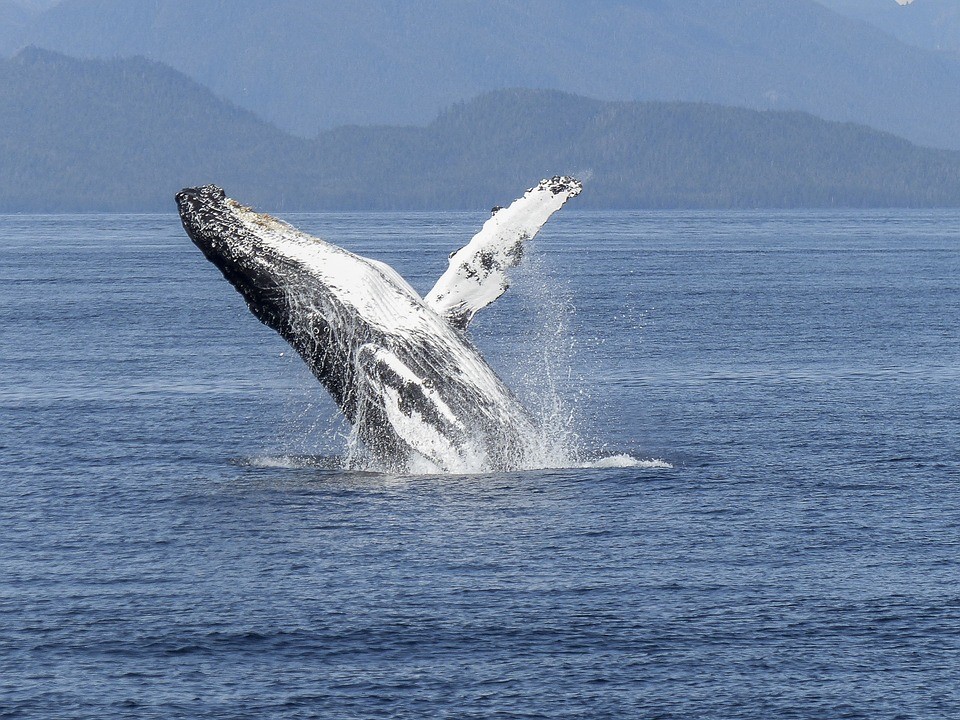

British Columbia Cetacean Sightings
The British Columbia Cetacean Sightings Program in partnership with the Vancouver Aquarium invites the public to report sightings of cetaceans (whales, dolphins, porpoises), as well as sea turtles. The innovative program alerts ships to the presence of reported animal sightings. The vessels then take measures to reduce the risk of collision and disturbance to these marine animals.
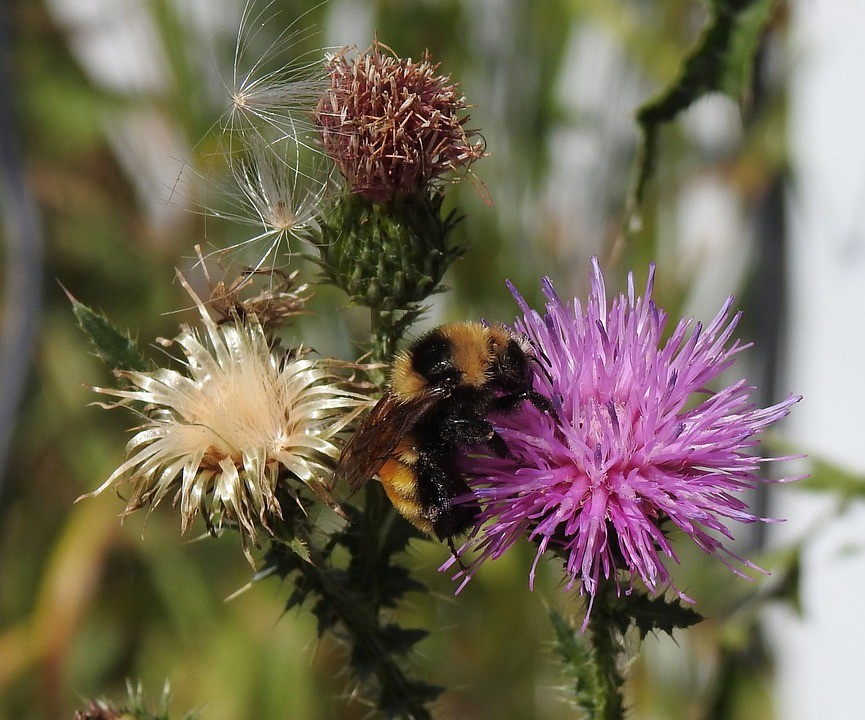

Bumble Bee Watch
Help track bumble bees of North America with Bumble Bee Watch. Partners of the project include Wildlife Preservation Canada, University of Ottawa, York University, Montreal Insectarium, Bee Spotter, Xerces Society and more. “Bee” a part of this pollinator partnership to help track and conserve North American bumble bees.
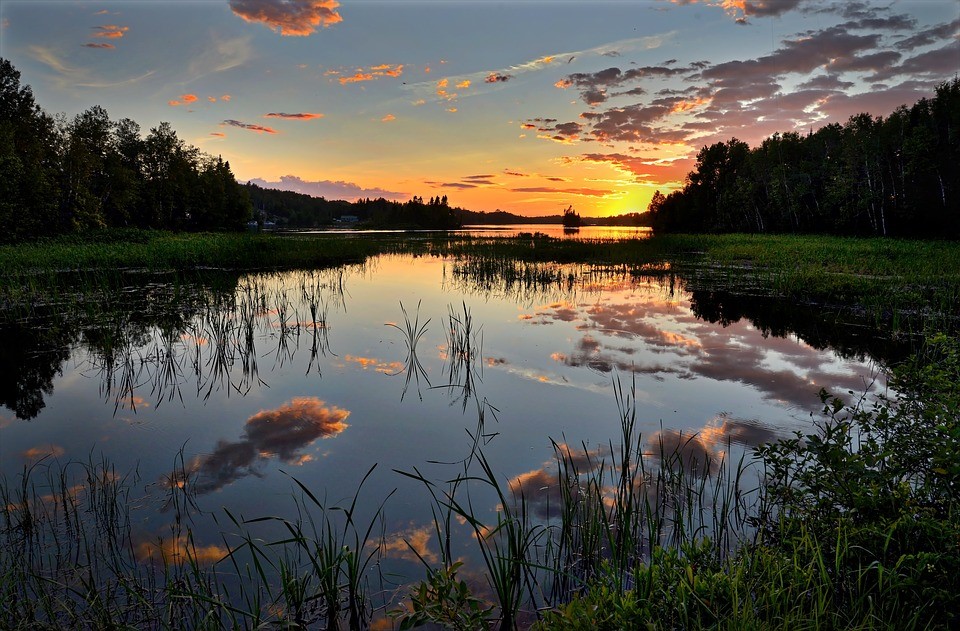

Lake Observer
Canada is known for its lakes, with more lakes than any other country. Crowdsourced Lake Observer data help inform scientists of water-related conditions, like water quality and aquatic vegetation, around the world. Canadians have no shortage of lakes to monitor for this project!
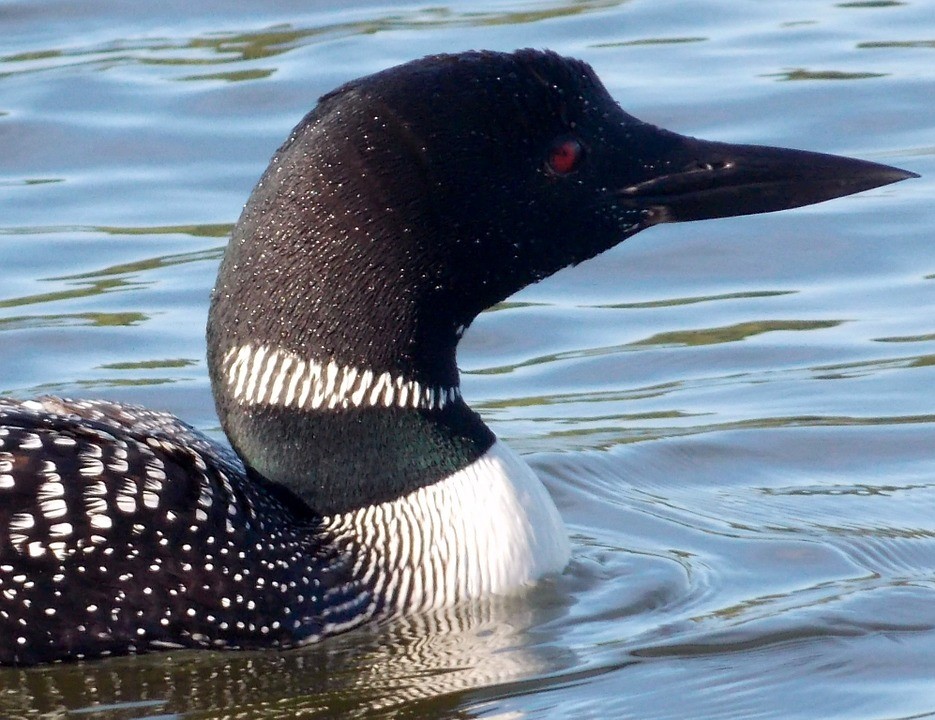

Algonquin Park Loon Survey
Submit Common Loon sightings from Algonquin Lakes and be a part of the Algonquin Park Loon Survey! Observations of interest include the number of adults, the number of young, the lake of the sighting and any nests observed. Participating in this long-running project helps biologists to comprehensively monitor Common Loon populations in Algonquin Lakes over time to understand if they’re doing well.
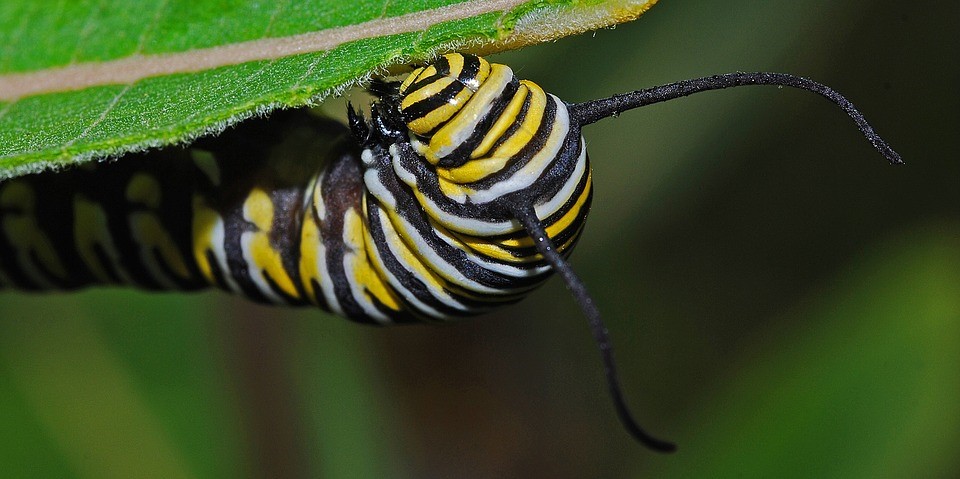

Monarch Larva Monitoring Project
The summer breeding populations of monarchs are important and Canada provides critical habitat for monarch butterflies and milkweed. The University of Wisconsin Madison Arboretum and the Monarch Joint Venture invite you to monitor milkweed for monarchs during the breeding season to track this resource monarchs depend on.
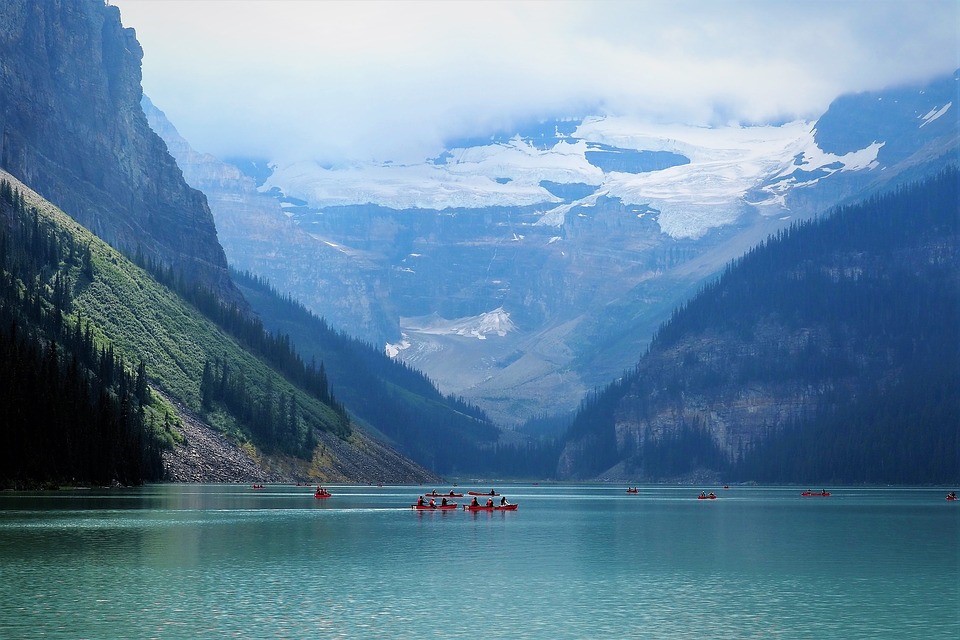

Tourists Saving Glaciers
Create your own expedition and contribute to science. Tourists Saving Glaciers uses the Ice King App, where participants can share their photos of glaciers to help researchers tackle climate change and assess water and energy management.
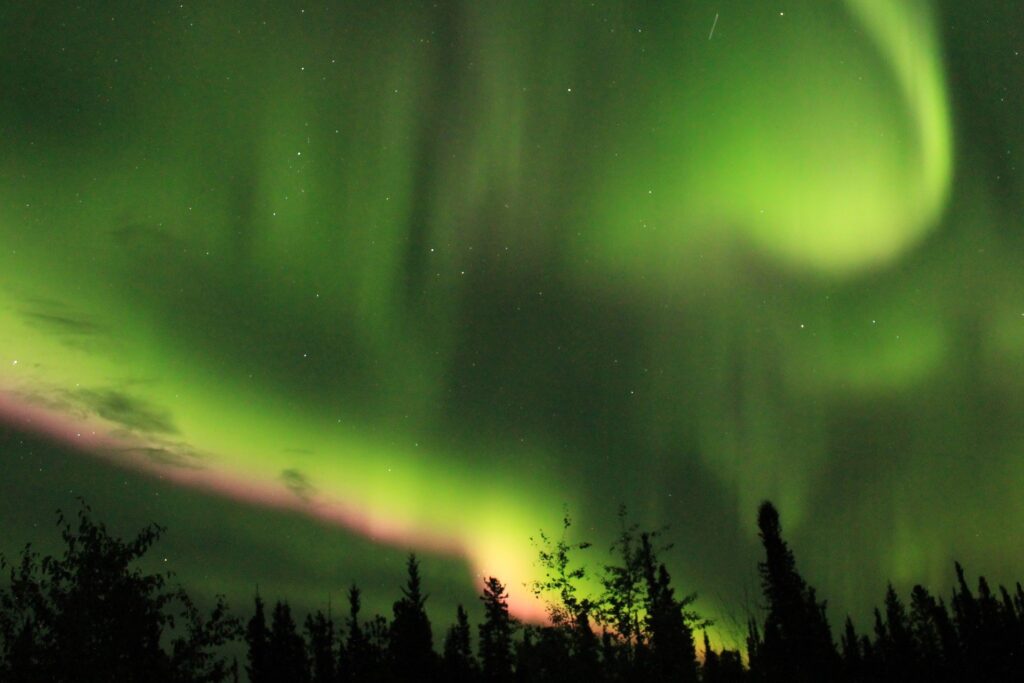

Aurorasaurus
Aurora activity and the Northern Lights are often seen in winter months where there are greater hours of darkness in the night sky, but Auorasaurus encourages you to chase these astronomical phenomena year-round! Looking for inspiration? Check out SciStarter’s Chasing Steve page, which highlights “out of this world” work by Canadian citizen scientists and their discovery of a celestial phenomenon they legendarily named Steve!
About the Author
Jill Nugent
Jill Nugent works in higher education where she teaches and serves as an administrator in online STEM programs. Her undergraduate degree is from Texas A&M University and her master’s degree is in biological sciences where she studied animal behavior and conservation biology. She holds teacher certification in science and life science/biology. Jill authors a monthly citizen science column in the NSTA Journal, Science Scope and was a contributing author on the NSTA Press book, “Citizen Science: 15 Lessons That Bring Biology to Life.” Outside of teaching, writing, and engaging in citizen science projects, Jill enjoys volunteering with ManeGait, a therapeutic riding equestrian center in North Texas. You can connect with Jill on Twitter @ntxscied.




